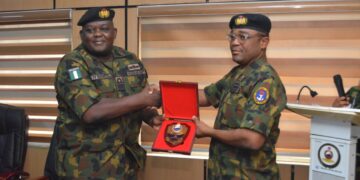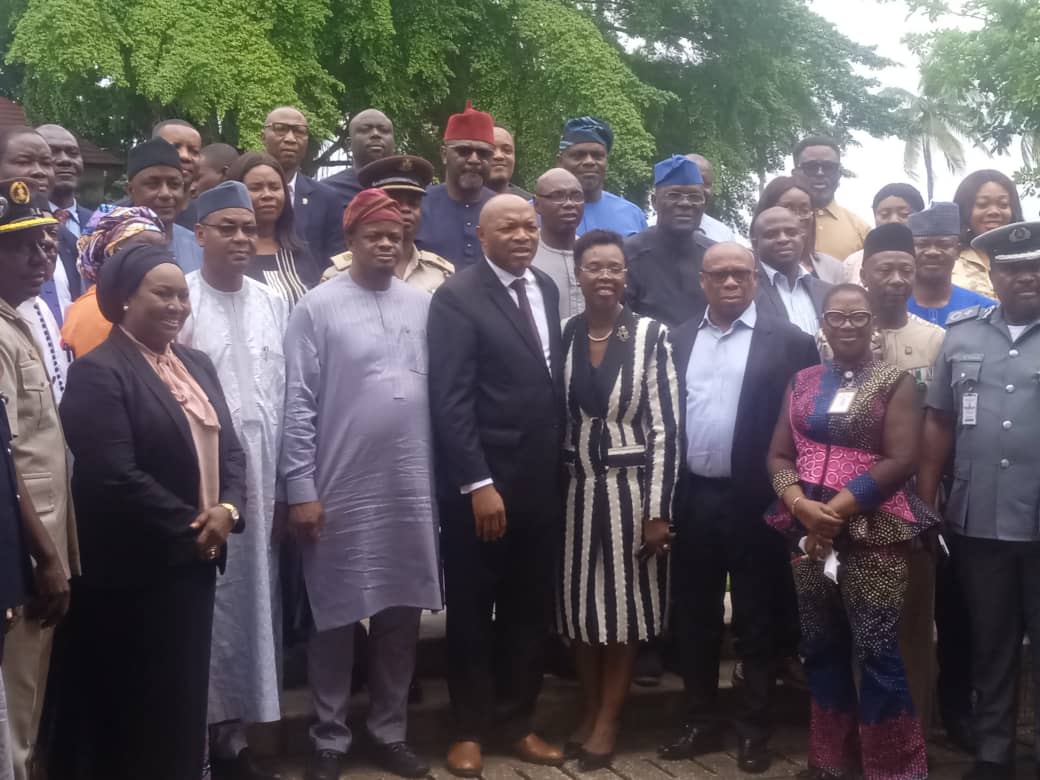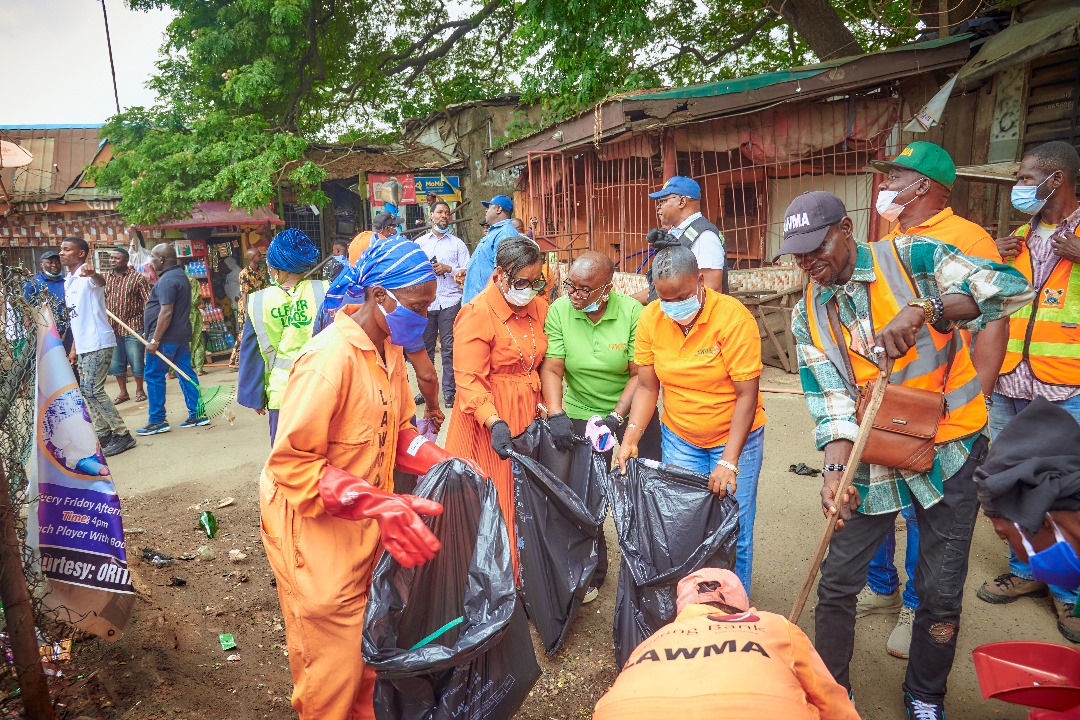The Nigerian Port Consultative Council (NPCC) has disclosed plans to establish a dedicated Research and Development Department to enhance the efficiency and productivity at the nation’s seaports.
This is even as the NPCC also called for a budgetary allocation to support the council’s operations to avoid financial constraints that could hinder its activities.
The chairman of the Council, Mr. Bolaji Sunmola stated this during the second quarterly meeting of the council in Lagos on Tuesday.
The NPCC emphasized the need for consistent funding to carry out essential functions, including research, training, and other initiatives critical to the maritime industry.
Sunmola while speaking on the sideline of the event underscored the importance of establishing a Research and Development department within the NPCC.
“The idea of a research and development department is not new. It was first proposed about six months ago, and we recognize its importance. We want to create a department that will consolidate all necessary data and provide a one-stop spot for reconciling figures related to maritime operations in Nigeria and abroad.”
Sunmola also addressed the issue of budgetary allocation to the NPCC, stressing the need for diversified funding sources. “Our members need to step-up and contribute more. While we appreciate the support from the NPA, we need additional contributions from other stakeholders. The funds will be used for training, sensitization, and other vital interventions. Every naira invested in the NPCC will be well-spent,” he assured.
During the meeting, Professor Bamidele Badejo from Olabisi Onabanjo University in Ogun state emphasized the critical role of research and development in addressing port-related challenges.
“Identifying the causes of issues like congestion is not enough; we must provide solutions considering the economic, social, and environmental costs.
“Research and development will help us understand these consequences and prioritize our responses effectively,” he said.
Badejo stated this in response to challenges the Association of Maritime Truck Owners (AMATO) had raised at the event.
Earlier the General Secretary AMATO; Sanni Bala Muhammed, had highlighted the challenges truckers face, including multiple extortion checkpoints and inefficiencies at port terminals.
Bala detailed the adverse effects of these issues on trucking operations and the broader maritime industry, emphasizing the need for immediate and comprehensive solutions.
Credit: Shipping Position

































































